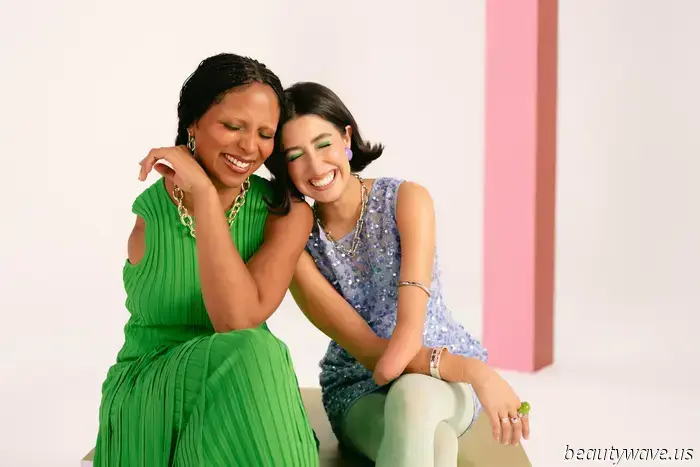
April Lockhart's Goal to Ensure Disabled Creatives Are Unavoidable
For many creators, entrepreneurs, and models with disabilities, discovering environments that foster both professional development and a genuine community can be quite challenging. This is where April Lockhart steps in. The content creator and entrepreneur is leading Disabled&—a much-needed and refreshing initiative. This community goes beyond being just a series of events; it aims to be a vibrant hub for creative expression and meaningful networking, specifically focused on supporting and uplifting disabled voices in the fashion industry and beyond. With expert speakers, engaging events, and visibility opportunities, participants will acquire practical tools to realize their aspirations. Most importantly, it establishes a setting where disabled creatives can authentically connect with brands and industry leaders—an inspiring environment where opportunities are created, rather than merely discussed. We interviewed Lockhart to explore what this community will entail and to learn more about her experiences in the beauty and fashion sectors.
How would you describe your current personal style?
My style has transitioned into what I refer to as intuitive styling, which reflects my personal take on fashion. It’s about waking up and wearing what feels right to you each day. For a time in college and my early twenties, I fixated heavily on trends, leaning towards neutral colors. You wouldn’t recognize me now. I’m currently in a phase where I’m thrilled to expand my wardrobe. I’m decluttering less, which may not be ideal since I’m wondering where I’ll store everything. However, I have a long-standing love for thrifting and vintage, and I’m now collecting more unique statement pieces than ever. I believe the best personal style is slightly unconventional—pieces that garner compliments and spark conversations.
You've referred to fashion as a means of building confidence. Can you recount a moment when your outfit significantly influenced how you presented yourself?
I recently had a fantastic photoshoot where I wore my first Chopova Lowena skirt, and I felt incredibly stylish. Here’s a rather embarrassing memory: at 18, I participated in a singing show on ABC—a chapter of my life I’m revealing here. There was a stylist who encouraged me to wear whatever I liked. At the time, I was all about patent leather skirts and sported my hair in space buns. Those photos are still floating around online, so they’re easy to find. I adored punk fashion and looked up to Gwen Stefani and the No Doubt vibe. Although I cringe a bit when I look back, I was genuinely proud of those outfits at the time and still remember them fondly.
What does disability-inclusive fashion mean to you, and what do you think is lacking in the mainstream discussion?
Involving disabled creators in visible campaigns is crucial. This is often one of the first and easiest steps brands take when seeking diversity, which is commendable. At this point, it’s an expectation. What excites me now is seeing brands engage creators as consultants—not just in the disability space but across various areas. Creators are directly connected to their communities and followers, making them aware of what’s truly valuable. They understand which products resonate, what’s lacking, and the challenges people face; their followers are often the purchasers. It’s been encouraging to see brands embrace initiatives like behind-the-scenes focus groups, which feel much more genuine.
I also believe it’s essential to involve disabled creators consistently throughout the year, not just occasionally. I understand brands need to rotate their collaborators, and I’m never offended when a brand stops working with me, but if the partnership is mutually beneficial, maintaining the relationship holds significant value.
At many brand events, I often find myself as the only disabled creator present. I don’t feel excluded, but I notice it. That’s why I’m eager to connect brands with other disabled creators in our community.
Are there any brands or designers you think are getting it right in terms of adaptive design, representation, or collaboration with disabled creators?
Tilt is fantastic. Their approach in the beauty sector is unique and really cool. I appreciate their branding, and maybe I’m biased, but their press has been extraordinary. It feels elevated and distinct from most adaptive brands. The Anthropologie adaptive launch was also impressive. Additionally, I frequently think of smaller brands, like YouSwim, which produces one-size-fits-all swimsuits reminiscent of Hunza G. They showcase a wide range of diverse models on their website, and when perusing it, I might spot someone with a limb difference or notice the broad size spectrum represented. Interestingly, they don’t heavily advertise this aspect. Few may categorize them as an extremely diverse brand, yet they are genuinely making impactful strides. On the high-fashion front, Collina Strada also excels in this regard.
Your "Get Ready With Me" videos have gained significant popularity. What role do you believe fashion content plays in normalizing disability for those who might not encounter it otherwise?
I recently discussed this topic. I believe it’s essential for individuals to see disabilities presented in contexts they already understand. For me,





Andere Artikel
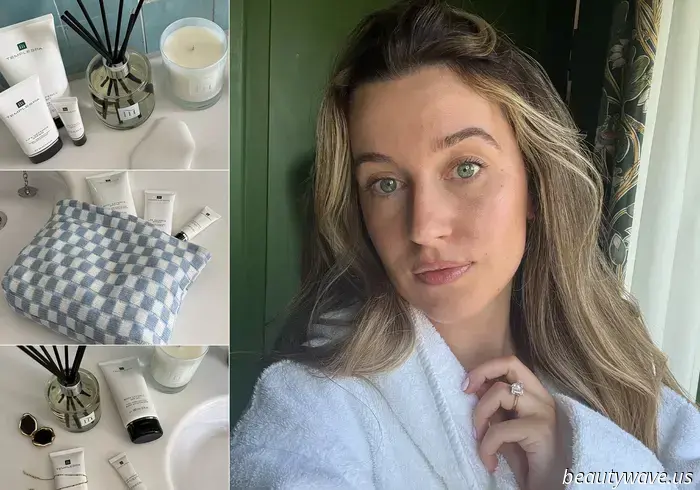 Ich bin eine Beauty-Redakteurin, die besessen von Hautpflege ist — Das ist die SPF-Pflege, die ich diesen Sommer ständig benutze
Templespa's Sonnenschutzprodukte sind unverzichtbar in meiner Sommer-Schönheitsroutine.
Ich bin eine Beauty-Redakteurin, die besessen von Hautpflege ist — Das ist die SPF-Pflege, die ich diesen Sommer ständig benutze
Templespa's Sonnenschutzprodukte sind unverzichtbar in meiner Sommer-Schönheitsroutine.
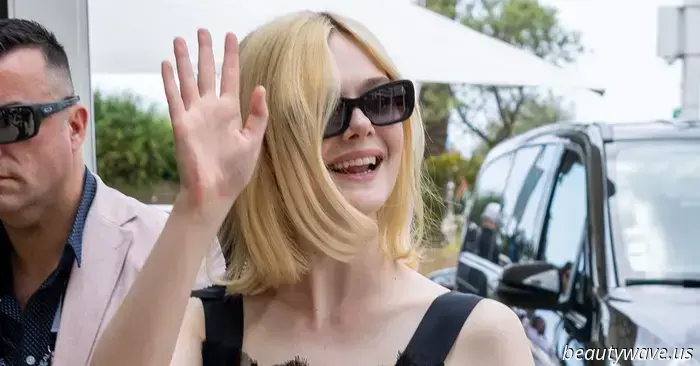 Nicht flach und nicht Absatz – Dieser Zwischenschuh-Trend sieht zu schwarzen Kleidern so gut aus
Elle Fanning ist an Bord.
Nicht flach und nicht Absatz – Dieser Zwischenschuh-Trend sieht zu schwarzen Kleidern so gut aus
Elle Fanning ist an Bord.
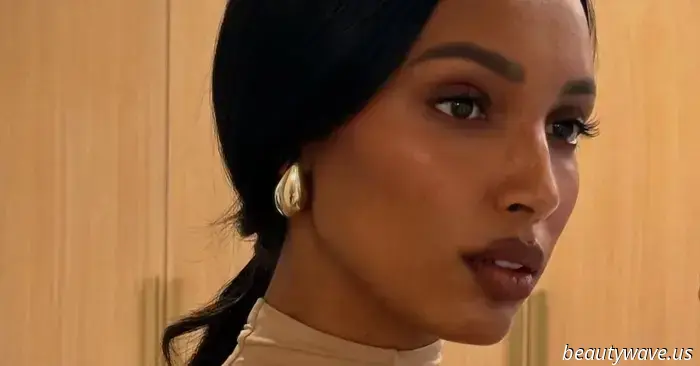 Jasmine Tookes verriet ihr Lippen-Set auf IG – Dieser skandinavische Lipliner ist entscheidend
Jasmine Tookes enthüllte ihre Lippen-Kombination auf Instagram, und dieser (unterschätzte!) skandinavische Lipliner war die Grundlage dafür.
Jasmine Tookes verriet ihr Lippen-Set auf IG – Dieser skandinavische Lipliner ist entscheidend
Jasmine Tookes enthüllte ihre Lippen-Kombination auf Instagram, und dieser (unterschätzte!) skandinavische Lipliner war die Grundlage dafür.
 April Lockharts Mission, behinderte Kreative unübersehbar zu machen
Wir haben die Insider-Information zu Disabled&—April Lockharts neuer Plattform, die Chancen für behinderte Kreative neu gestaltet. Hier ist, was Sie wissen müssen.
April Lockharts Mission, behinderte Kreative unübersehbar zu machen
Wir haben die Insider-Information zu Disabled&—April Lockharts neuer Plattform, die Chancen für behinderte Kreative neu gestaltet. Hier ist, was Sie wissen müssen.
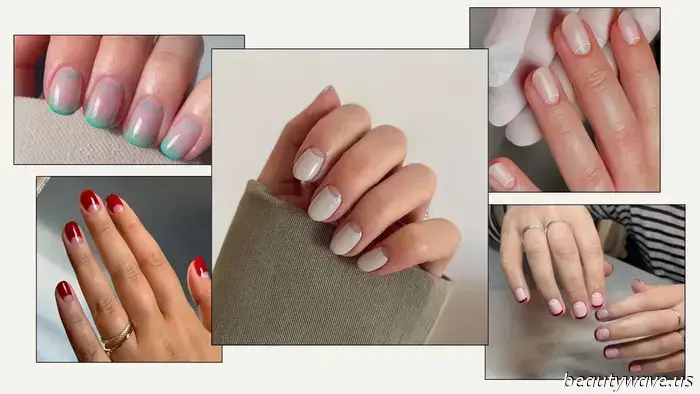 Wenn Sie denken, dass French Tips langweilig sind, sollte die Halbmond-Maniküre stattdessen auf Ihrem Radar sein
Vollmond, Halbmond, totale Sonnenfinsternis.
Wenn Sie denken, dass French Tips langweilig sind, sollte die Halbmond-Maniküre stattdessen auf Ihrem Radar sein
Vollmond, Halbmond, totale Sonnenfinsternis.
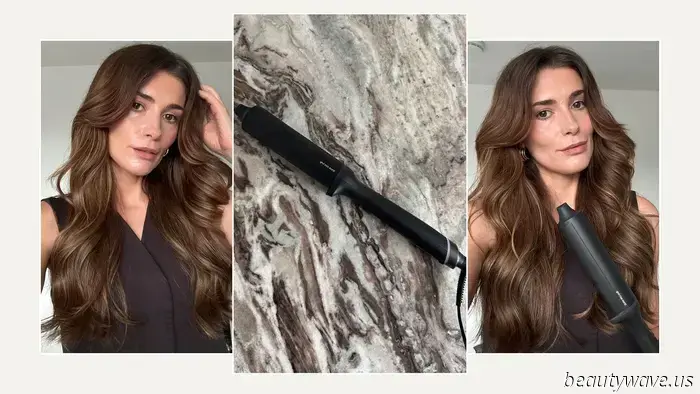 Jeder fragt mich, wie ich meine lockeren Wellen bekomme, und dieses neue Haarwerkzeug ist dafür verantwortlich.
Denken unvollendet, Cool-Girl-Wellen.
Jeder fragt mich, wie ich meine lockeren Wellen bekomme, und dieses neue Haarwerkzeug ist dafür verantwortlich.
Denken unvollendet, Cool-Girl-Wellen.
April Lockhart's Goal to Ensure Disabled Creatives Are Unavoidable
We have exclusive information about Disabled&—April Lockhart's new initiative that redefines opportunities for creatives with disabilities. Here’s what you need to know.
